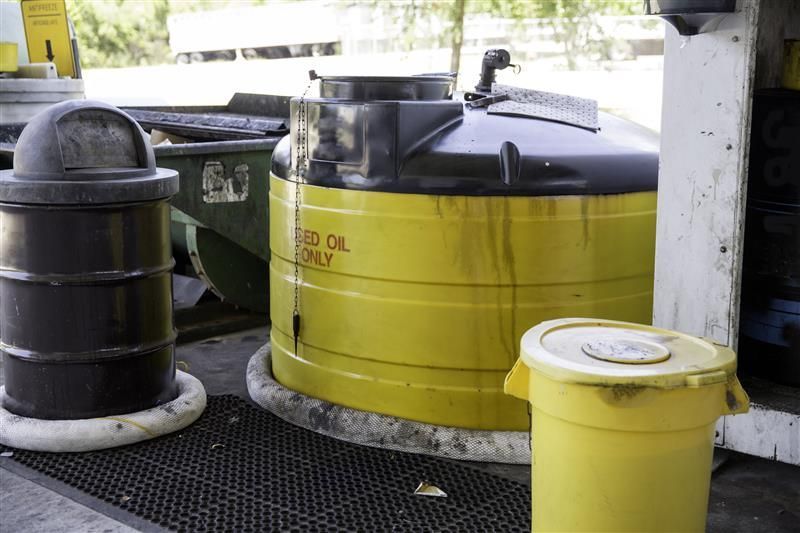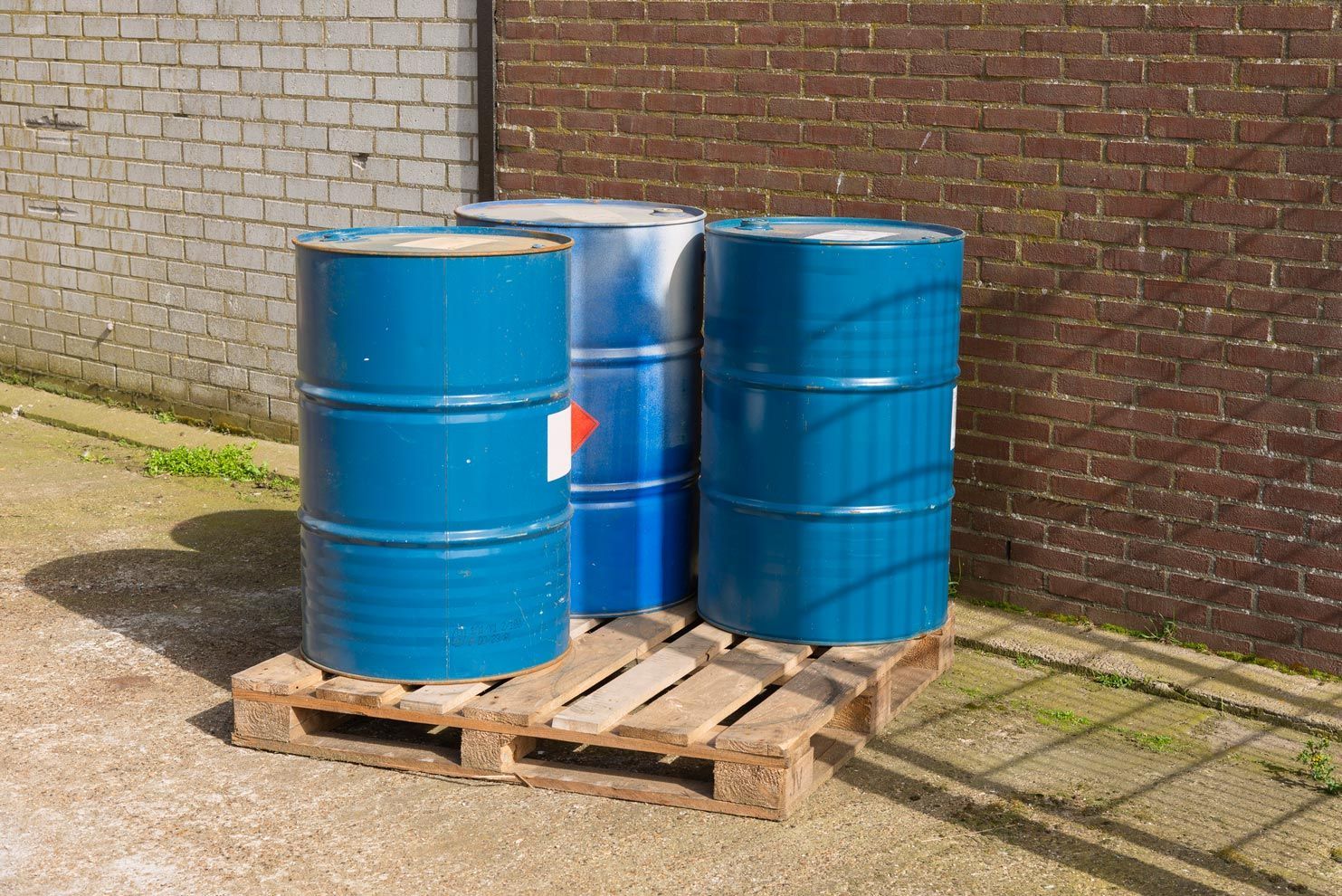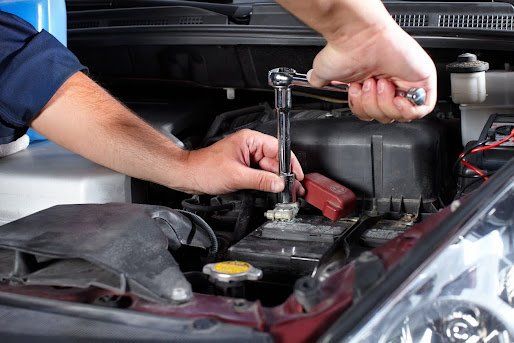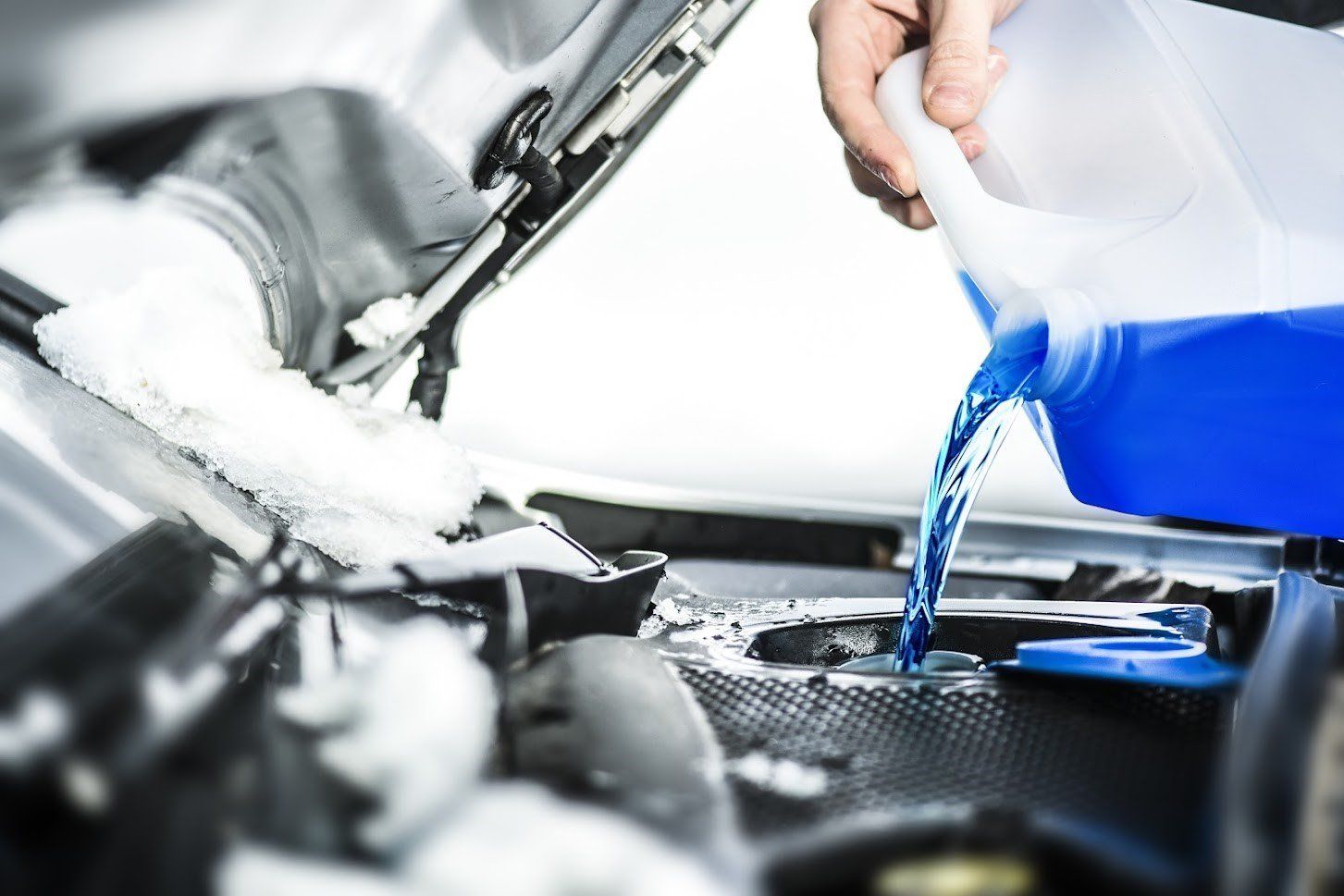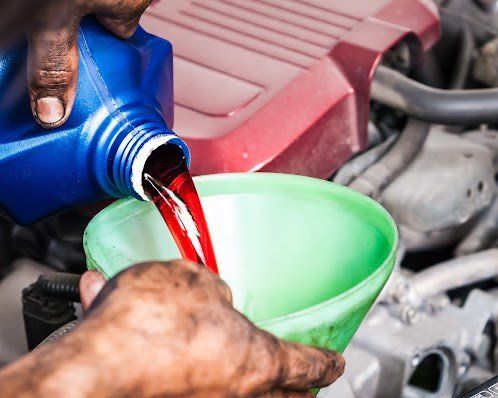The Differences Between New, Recycled, and Re-Refined Oil
November 14, 2020
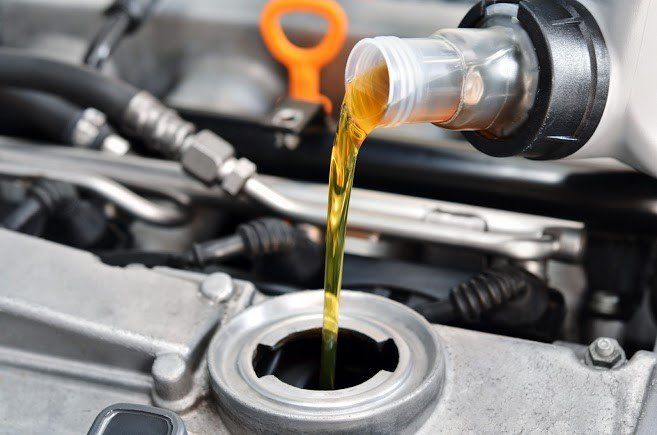
When you think about motor oil recycling, it may be hard to imagine how anyone can cleanse old, dirty oil and make it safe to use again. Unfortunately, this mindset can create a prejudice against recycled or re-refined oil, which makes it harder for this useful fluid to be seen as credible.
Take a look at the differences between new and used oils and how they can perform equally well in a variety of situations.
New/Virgin Oil
If you sell motor oil at your auto shop or buy it in large quantities from a corporation, you are likely dealing with virgin motor oil. When an oil rig extracts crude oil from the well, it goes through an initial refining process to separate the oil from any contaminants that may have been in the surrounding area.
Virgin oil sets the standard for quality in the industry, but as a fossil fuel, it does come with environmental impacts. The process of drilling the well, extracting the crude oil, shipping it to a refinery, and the refining procedures all use a lot of energy and fuel, which can harm the environment if corporations don't pay attention to the ecological cost of their choices.
Recycled Oil
When you change the oil in a car or hydraulic machinery, you probably have a disposal container to hold the used fluids. Follow the examples of many other companies by bringing that container to a recycling plant, rather than letting it sit on your business's property indefinitely.
When the plant recycles the used oil, they process it and filter out the physical impurities and dirt. Recycled oil may also be reconditioned by adding chemicals that prolong its usefulness. While you probably should not swap out recycled oil for motor oil or hydraulic fluids, the substance remains useful for heating fuel, diesel fuel, marine fuel, or to lubricate some systems.
If you use recycled oil for these purposes, you can significantly reduce the environmental impact of your fuel. Rather than expending the energy involved in procuring crude oil, the recycling process only requires filtration and transportation to be useful in your business. Still, recycled oil is imperfect and should not be used as motor oil for vehicles.
Re-Refined Oil
Re-refined oil has a much more stringent process to make it ready for use again. Most of the time, a re-refining process looks very similar to the original filtration, distillation, and dehydration that crude oil will go through. A significant difference between recycled and re-refined oil is the extraction of chemical intrusions from the latter, which requires more extensive purification.
By undergoing the same process as crude oil, used oil can become the equal of virgin oil and sometimes outperform it. Re-refined oil meets all of the same standards that new oil must, or the API
will not allow it onto the market. When you use re-refined oil in your shop, you can safely assure your customers that their vehicles will run just as well as with virgin oil.
Unlike virgin oil, however, the environmental impact remains low because re-refined oil uses a fluid that has already been extracted, rather than drilling for more oil. Less energy goes into the process — for more significant gain since re-refined oil tends to have a much higher output than virgin oil's first purification.
If you need somewhere to recycle the oil from your shop or would like to buy re-refined burner oils, contact Denver Oil, your local oil recycling plant. Check out the site today to see how you can benefit from locally owned oil recycling services, whether you need oil or need used oil pick-up services.

